Kala Hunter did not hesitate to get her 2-year-old son, Brady, fully vaccinated in March as the number of measles cases grew in her West Texas community.
“Being in the hotbed of the measles outbreak,” said Hunter, 47, of Lubbock, “it was a no-brainer. If it was safe to get him vaccinated early, we were going to protect him.”
Harmony Montes, 21, also of Lubbock, said she felt the same way. As the outbreak escalated in April, Montes jumped at the chance to get her daughter, Melody Rocha, vaccinated at her six-month checkup.
“We didn’t hesitate at all,” Montes said. “I wasn’t going to risk her health.”
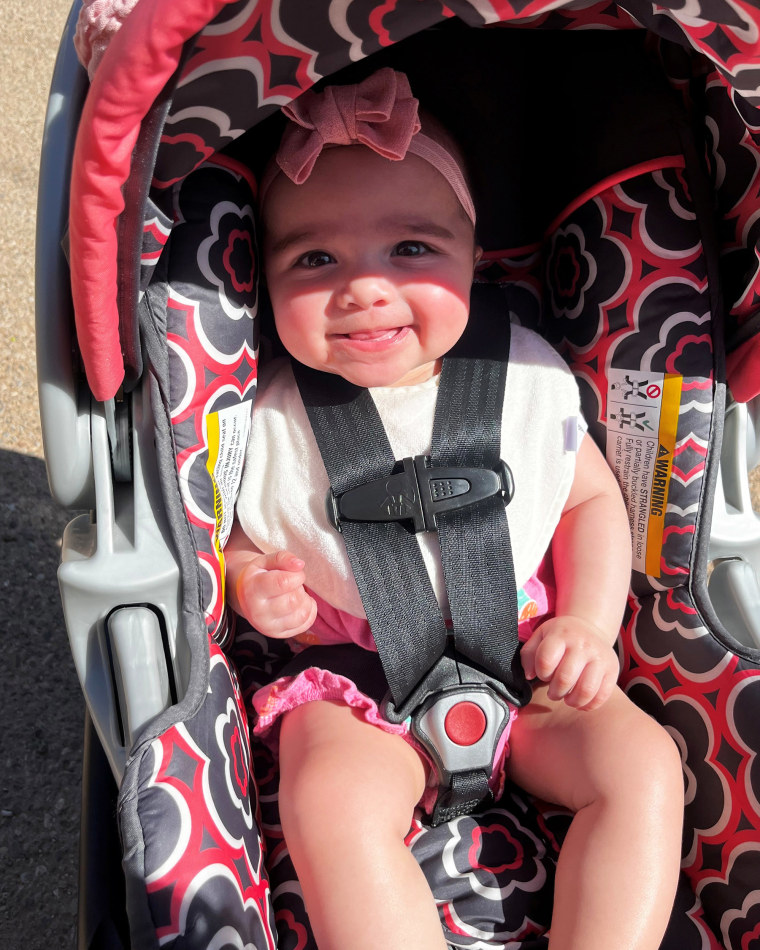
The moms represent a recent surge in Texas parents opting to get their babies and toddlers the measles-mumps-rubella (MMR) vaccination as soon as possible.Hunter said that her child’s doctor assured her that the second vaccine dose was safe.
“I trust my pediatrician,” she said. Neither kid has had side effects like fever or rash from the shot, Hunter and Montes said.
New data from Truveta, a health care and analytics company, shows that the percentage of 6-month-old babies in Texas getting their measles vaccination in April increased by more than 30 times the prior year’s average.
“That means parents aren’t just getting the vaccine early, they’re getting it as early as they can,” Nina Masters, a senior scientist at Truveta and part of the research team, said in an interview with NBC News.
Typically, the MMR is given in two doses, around a child’s first birthday, and again around the time a child enters kindergarten, at age 4 or 5. One dose is 93% effective at preventing measles, according to the Centers for Disease Control and Prevention. A second dose increases protection to 97%.
During measles outbreaks, however, the first dose can be given as early as 6 months old. If a child has already received the first dose at 12 months, doctors can give the second dose about a month later, said Dr. Ronald Cook, chief health officer at the Texas Tech University Health Sciences Center in Lubbock and health authority for the city.
“Public health measures, which include vaccinations, stop the spread of the virus, even in areas with outbreaks of measles,” Cook said.
Most of the time, fewer than 2% of infants get vaccinated early for measles, according to the Truveta data. The company used its access to electronic health record information for tens of thousands of infants in Texas to assess early vaccination uptake in the state. That low percentage isn’t surprising as the shots aren’t generally given early unless there’s an outbreak.
The data shows that early vaccinations of Texan infants 6 to 11 months old ticked up in February as word of the outbreak spread. The number increased even more in March, and by April, it was exponentially higher than vaccination percentages before the outbreak began.

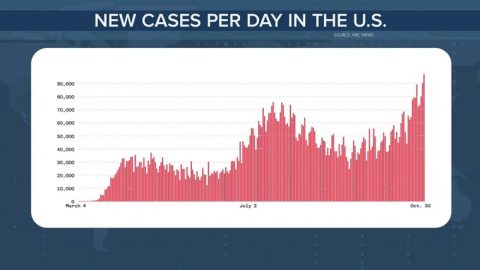
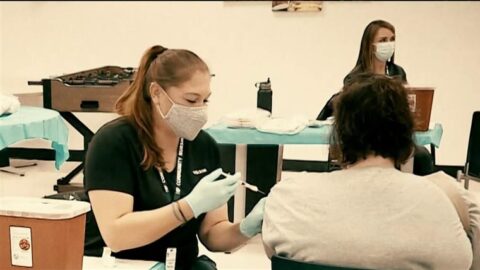
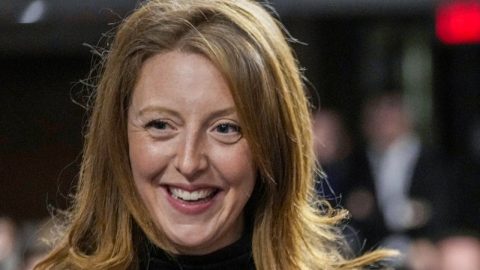
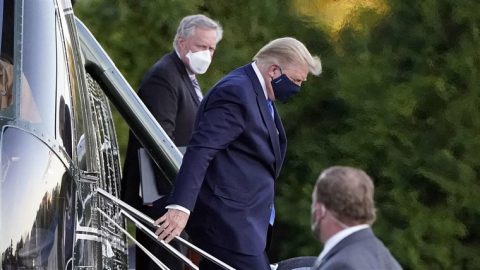
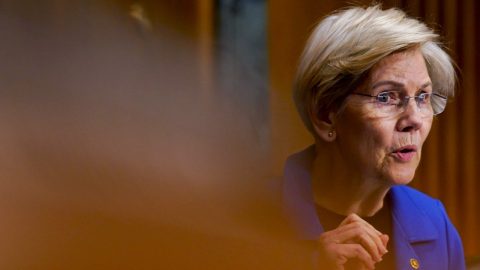

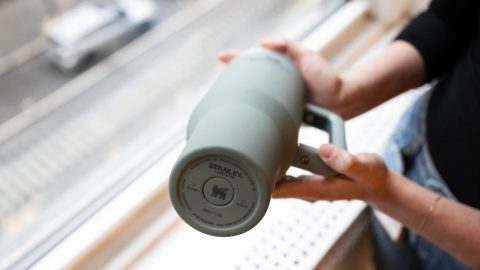
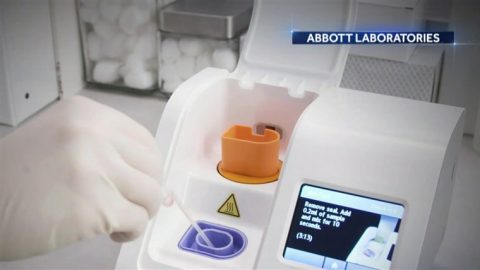
Recent Comments